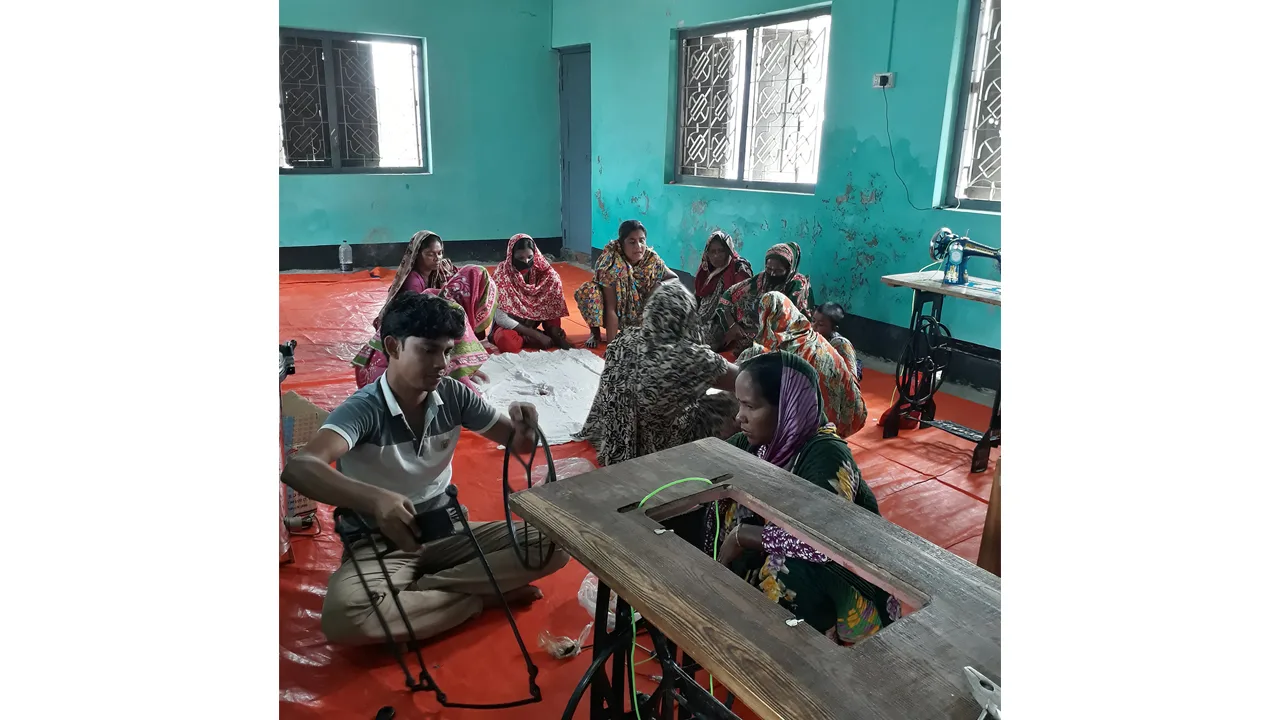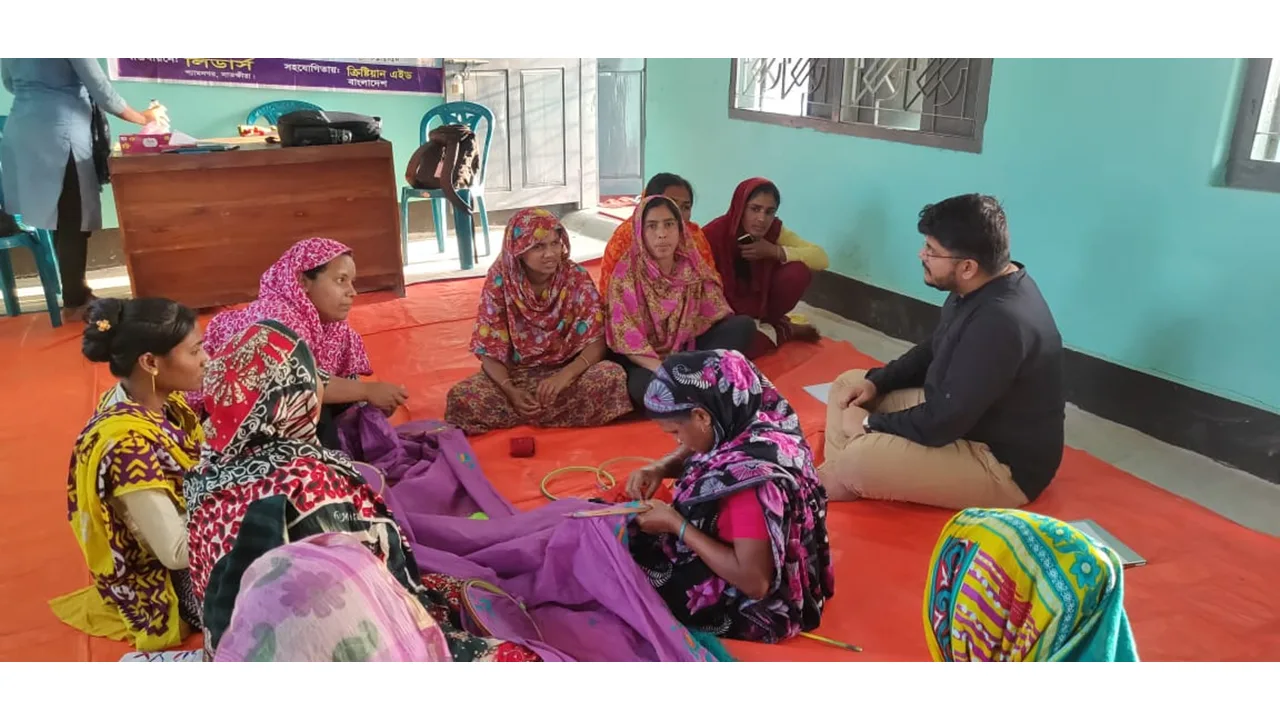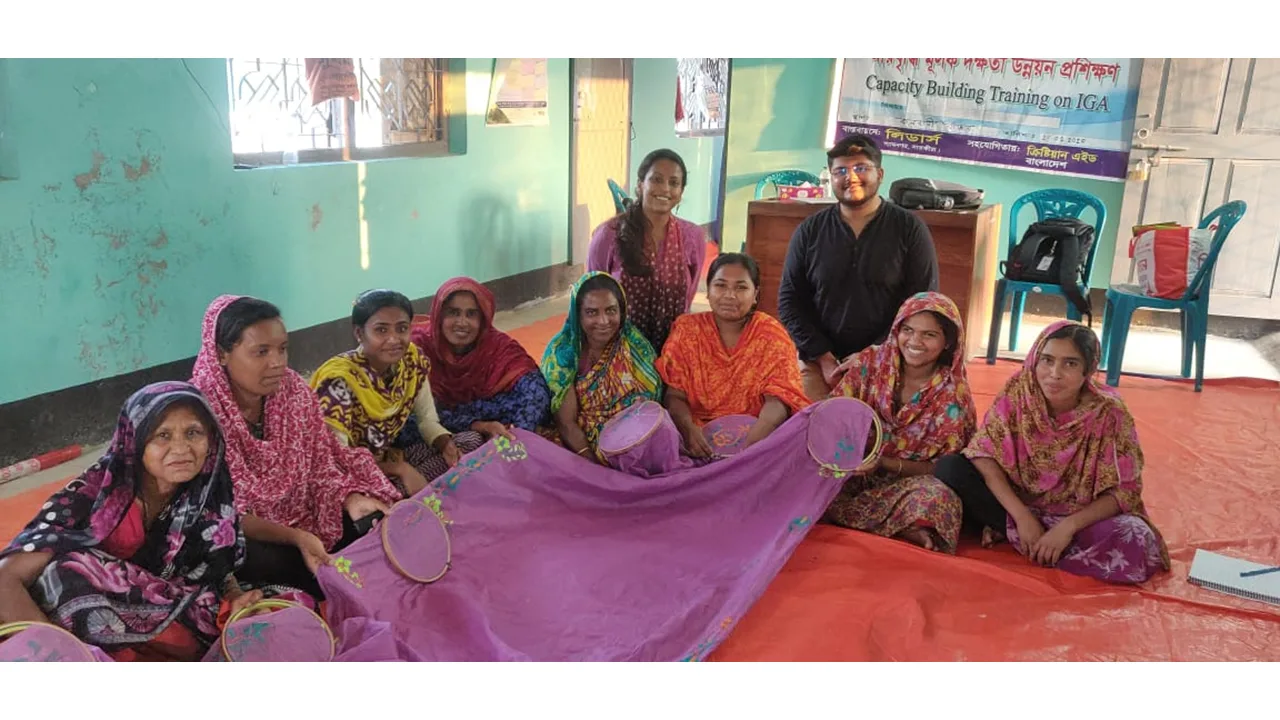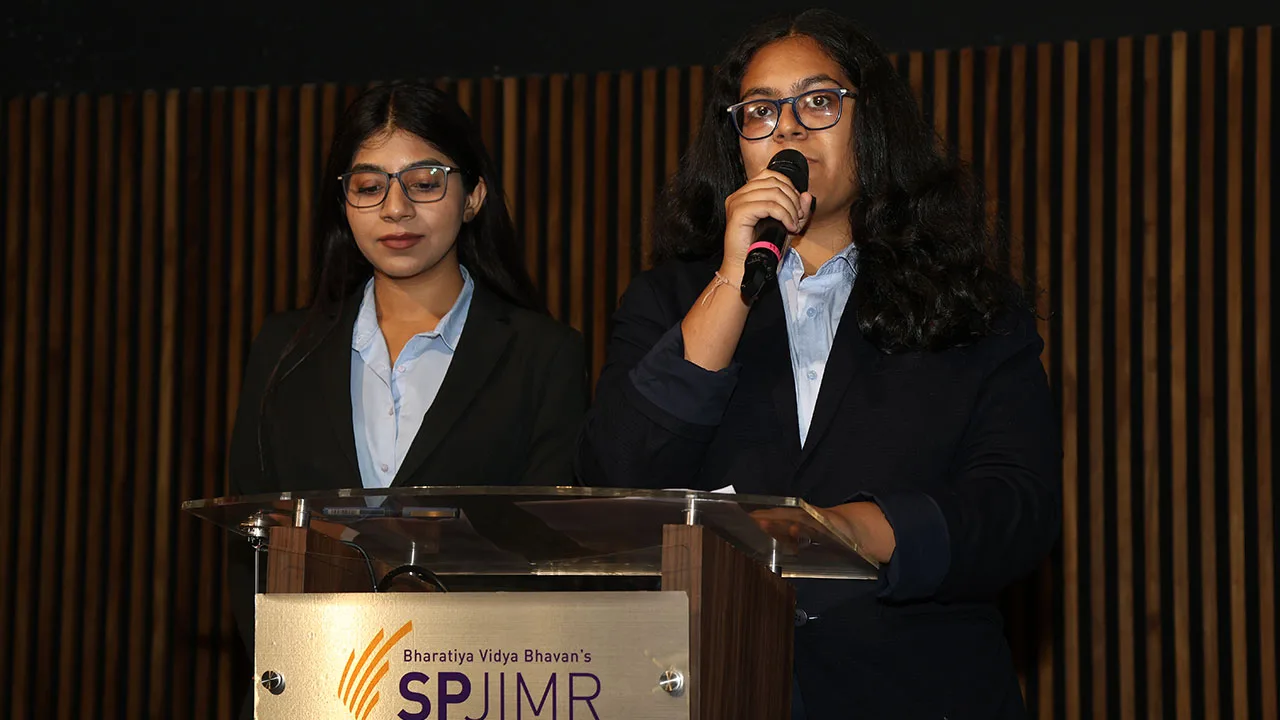Find the programme that meets your requirements and aspirations.
Apply nowStudent blogs
- SPJIMR
- Blog
- #DoCCDiaries: Tiger Widows of the Sunderbans
#DoCCDiaries: Tiger Widows of the Sunderbans



Soumya pens the stories of the women she interacted with during her DoCC social internship with the Local Environment Development and Agricultural Research Society (LEDARS) in Bangladesh.
If your husband is eaten by a tiger, it’s your fault.
The Sundarban mangroves, home to an estimated 500 endangered Royal Bengal Tigers, are a case study of the unforeseen effects of climate change. Seawater has ruined rice farms in the area, and in recent years, many farmers have sold their land for next to nothing. Others converted it to shrimp farming, which requires a brackish mix of fresh and saltwater. But now it has become too saline for that, and those who remain are increasingly turning to fishing. The overfished seas and rivers are now forcing fishermen to venture deeper into the mangroves where the tigers are experiencing shrinking habitats as well. Tigers now kill approximately 120 people per year in this area, mostly men, and injure many more in attacks.
Tiger widows
The unfortunate widows of these attacks are known as the “tiger widows” and are held responsible for the deaths of their husbands by the community. Branded as “husband-eaters,” their mere presence at social gatherings is considered a bad omen.
Buli Mondol is one such tiger widow. Fishing was the only source of income for her family. Her husband rowed into the canals of the Sundarbans to catch fish and sell the catch at the daily market. One day in 2002, her husband, rowing into the Sundarbans forest unaware that he was marked by a tiger (tigers only attack the one they’ve set their eyes on), was killed and dragged away into the depths of the forest. Buli became a tiger widow.
Simple thinking
Her answer was “Why don’t the men kill the tiger in self-defence?” “The forest is their home. If they come to our village and kill one of us, we strike back. But we go to their forest of our own volition. We do not have the right to attack them there. Not even in self-defence.” Its simplicity tore at my heart.
Losing one’s husband is a traumatic event, but it can become life-threatening in these backward areas of Bangladesh. The killing of a married man by a tiger is blamed on the wife. The woman is seen as a bad omen—someone who brings bad luck to those around her.
Perpetuating the myth of bad omens
Buli feared for her daughter Anita’s life. She had already lost her elder daughter soon after her husband’s death. Her elder daughter was beautiful, intelligent, and hard-working. Besides attending college and doing well, she had a seamstress job at a tailor’s shop. She was one of the few girls in Satkhira with ambitions and worked towards realising them. She even kept her savings in a bank.
A group of young men abducted her after work and took her to a shady room in an isolated area. She was gang raped many times and hung on display from the window of that room with her dupatta. A visibly tormented Buli blames herself for this. Because she became a mother by giving birth to her daughter, making her beautiful, and being responsible for her brutal murder. She broke down and, with tears in her eyes, said, “If only she hadn’t been so beautiful.” If only I hadn’t made her so… maybe they would have spared her”.
Power corrupts
The far-reaching contacts of the accused forced the doctor who confirmed it as rape and murder in the post-mortem to change it to suicide. Buli has been fighting the case ever since. A local journalist takes her to court every two months. “The goons follow me, but I am not scared,” Buli says with her gentle smile. Despite the government’s promise of the widow cards, Anita and Buli still have not received them simply because they cannot afford to pay bribes to the officials who are allotting these cards.
Unexpected Support
Fortunately, she got support from an unexpected source. LEDARS, a local NGO, launched “Weaving Lives” to improve the social and economic empowerment and inclusion of tiger widows and women abandoned by their husbands. They support “tiger widows” and help locals adapt to the challenges of climate change. The women are taught Kewda pickle making and saree embroidery and have even recently started making sanitary napkins. Buli was engaged in saree embroidery and dreamt of a better future. As she says, “We just want to be equals, nothing more.”
Having the courage to hope
Buli’s dream was to somehow get a passport and go to India. She had already managed to get a fake Aadhar card made. She wanted to see and experience the country where she imagined freedom was at its best. She wanted the freedom to be whoever she wanted to be without being judged. Freedom to earn well without being questioned about it. Freedom for her daughter to pursue her dreams and ambitions. Freedom from the shackles of her community and place in society.
About Post Graduate Diploma in Management (PGDM)
SPJIMR’s Post Graduate Diploma in Management (PGDM) is a two-year, full-time residential programme equivalent to an MBA. PGDM is approved by AICTE, accredited by NBA and AMBA, UK and consistently rates among India’s top 10 management programmes. The programme offers a holistic approach to leadership development with its innovative blend of classroom learning and thoughtfully curated immersive experiences.




